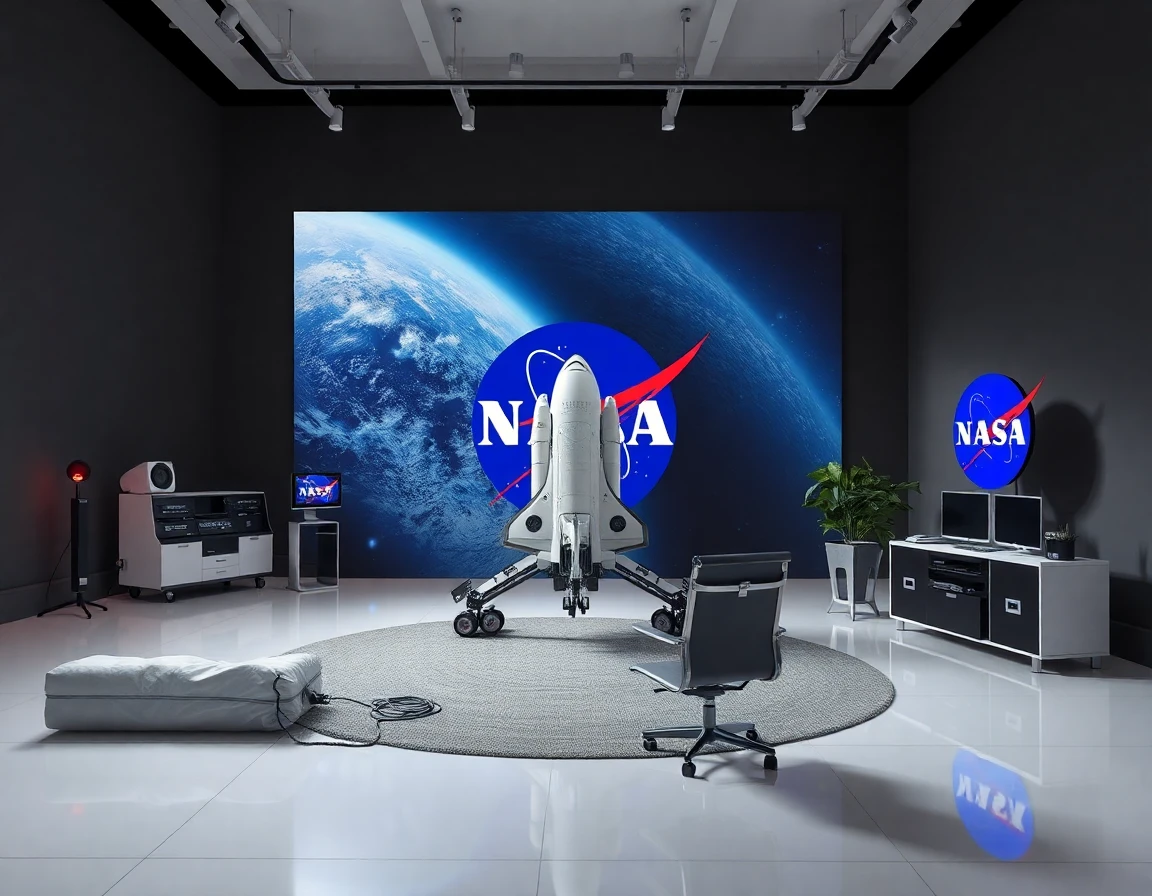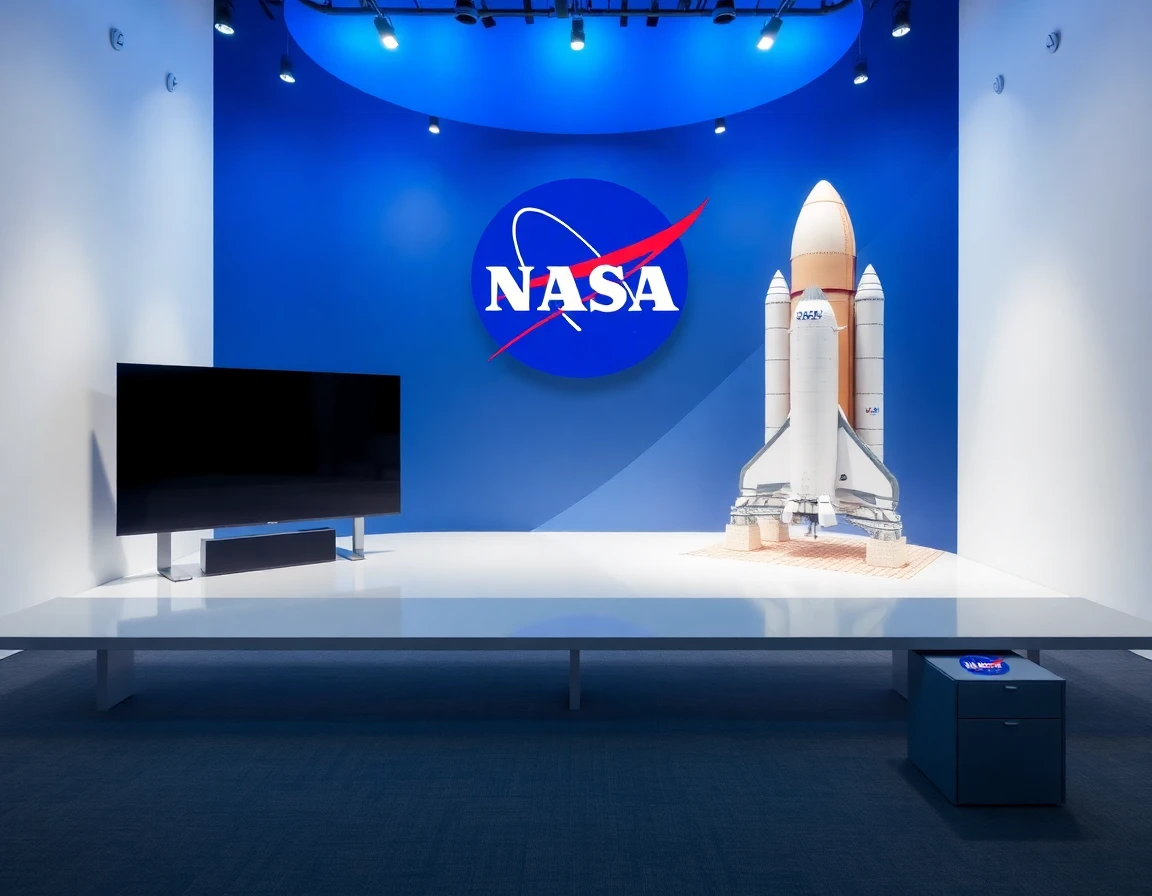In a significant development for the aerospace sector, House appropriators have voiced their strong support for key NASA missions that are currently under threat due to budgetary constraints. This move underscores the critical importance of space exploration and technology advancement in the United States.
Funding Challenges for NASA Missions
NASA, the United States’ premier space agency, has faced several challenges as it navigates a complex budgetary landscape. Recent proposals suggested reductions in funding for several prominent programs, including the Artemis lunar exploration initiative and the James Webb Space Telescope’s operational costs. The House appropriators’ intervention comes at a crucial time, emphasizing the need for sustained investment in these critical missions.
The Importance of Continued Funding
“NASA is at the forefront of technological advancement and scientific discovery. Cutting funding for these missions would not only hinder our scientific progress but also impact our strategic position in global space leadership,” said Dr. Emily Thompson, a space policy expert at the National Space Institute.
The appropriators’ backing is intended to secure funding levels that will allow NASA to continue its ambitious projects, which are vital for advancing technologies such as precision accelerometers needed for spacecraft navigation and scientific research.
Technical Implications of Funding Cuts
The potential cuts could have significant repercussions not just for NASA, but also for the broader aerospace industry. Programs that rely on sophisticated technologies, including inertial navigation systems and gyroscopic instruments, may see delays or setbacks if funding is reduced.
The Artemis Program and its Impact
The Artemis program, which aims to return humans to the Moon by the mid-2020s, has garnered bipartisan support in Congress. Appropriators are particularly concerned about ensuring that NASA meets its ambitious timelines. The program is expected to utilize advanced thermal management systems to maintain operational integrity in extreme space environments, a critical component of lunar exploration.
“The Artemis program is not just about putting boots on the Moon; it represents a cornerstone for future Mars missions and beyond. We cannot afford to shortchange our investment in this program,” elaborated Dr. Thompson.
Expert Perspectives on the Future of NASA
Industry experts are optimistic that with continued support from the House, NASA can overcome these funding hurdles. According to John Roberts, an aerospace engineer and advocate for space exploration, “The House’s commitment to NASA is a clear signal that space exploration is a priority. The technological advancements we achieve through these missions will benefit various sectors, including communication, defense, and environmental monitoring.”
Roberts emphasized the importance of innovations developed through NASA projects, such as high-precision accelerometers that enhance the accuracy of not only space missions but also commercial applications in aviation and automotive industries.
Broader Implications for the Aerospace Industry
The House’s support for NASA’s budget is likely to have a ripple effect throughout the aerospace sector. With increased funding, contractors and suppliers who provide advanced technologies and systems for NASA missions will see enhanced stability and growth opportunities. This includes companies specializing in space systems, materials science, and aerospace engineering.
Looking Ahead: The Road to Recovery
As discussions continue in the House regarding NASA’s budget, stakeholders in the aerospace industry are hopeful for a resolution that preserves the integrity of NASA’s mission. The appropriators’ proactive stance is a crucial step toward ensuring that the United States remains a leader in space exploration and innovation.
“The future of space exploration hinges on our investments today. We must commit to supporting NASA and the associated industries that contribute to our missions,” concluded Dr. Thompson.
In conclusion, the House’s decision to support NASA missions illustrates a strong commitment to the future of space exploration and the vital technologies that enable it. As the appropriators work to finalize budgets, the implications of their decisions will resonate throughout the aerospace industry, shaping the next generation of innovations and discoveries.
References
-
House Research - defensenews.com (defensenews.com)
-
House Research - aviationweek.com (aviationweek.com)
-
House Research - spacenews.com (spacenews.com)



